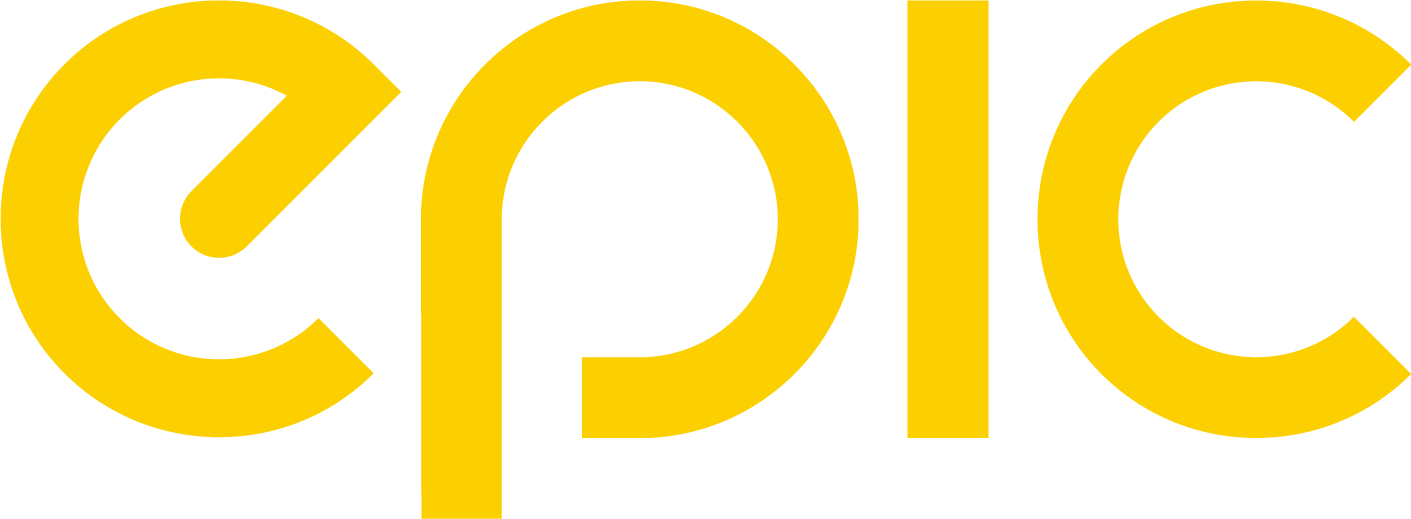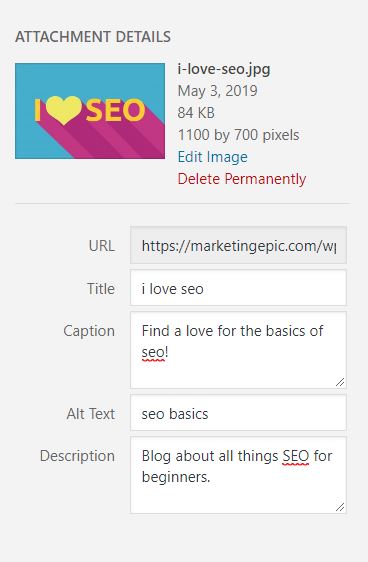You know that awkward moment when you show up to a social event and you’re wearing the same thing as someone else in the room? At that point, you have three options: you either own it and act confident about the fact that you now have a twin, try to be sneaky and avoid that person the rest of the evening, or just flat out leave the party.
Now, luckily things on the Internet don’t get that awkward when you use the same template website as another person, but it definitely doesn’t make you feel special. A custom built website can provide a uniqueness that your business just might need. Below, are five reasons why you should consider a custom website.
Tailored to Your Company
Template websites can be easy to set up, but there are often features that you might want included that aren’t available to you. Custom websites are built to your liking. The design of the website should be created with your competitors in mind. You’ll want to ensure that you’ll be able to compete with them and, ideally, outperform them. Because custom websites are built from the ground up, customer satisfaction and user interface are prioritized.
Additionally, you can create and have a number of unique designs. This process adds time, which can increase cost, but this makes it more of what you want.
Leaner, Faster
Websites aren’t just what you see. Behind every website is a string of complex code in the back end. The custom features that are put onto the website effect and create the face of the website. It’s like an iceberg. We only see about 10% of the iceberg above the surface, but most of the mass is below. Websites are similar. The part that we see is only a fraction of what is actually going on.
A custom website’s back end is typically a lot cleaner than a template. For example, on a template website, there may be 60 different features, but you only want/need to use 10 of them. The remaining 50 features are still there and will slow down your website. Especially if there are a lot of other things going on in the back end. A custom website will only have what you program it to have. If you want those 10 features, then you’ll only have those 10 features, making your website lean and fast.
Depending on the programming and hosting, you could have a fast template website or a slow custom website. Generally speaking, websites built from templates have a lot more “bloat” because they have to cater to many different situations instead of including only what is necessary.
Edits are Easier to Maintain
If you buy a theme, there’s a good chance that theme will be updated. That update could lead to features on your website breaking. Although it may surprise you, a broken website isn’t a functional website.
Maintenance may be easier with a custom theme. If you don’t update the site, the code stays the same and doesn’t break. You don’t have to worry about anyone changing what you have done to your site.
Custom Code
Template websites can be great if your business is just getting started, but if you want any custom features, then a template website might hurt you more than benefit you.
With custom code, each page is created exactly how you want it. If you want to build a unique tool that nobody else has (including your competitors), then it’s easier to do on a custom site.
Mobile First
In 2018, statistics show that 52.2% of all website traffic was attributed to mobile devices. With that amount of traffic, it’s important that your website is mobile-friendly. Additionally, when a website is custom coded, you have the opportunity to customize the way you present your site to different devices.
Although custom coding gives you more control over how the website looks, that isn’t to say that templates are bad. Template websites are cost-effective and can help achieve your business objectives.
This all being said, there are advantages to having a template website. They’re easy to create, so even those with little experience creating websites can do it. With this simplicity comes a lower cost. It’s much more cost-effective to purchase website hosting, purchase a URL, create the website and let it run. That can cost a couple hundred dollars, whereas a custom built website will cost thousands, depending on where your website is being made. Atilus provides a great list of the pros and cons of using custom and template websites.
Businesses that can afford to build a custom site should do it. A custom website creates a uniqueness that other companies won’t have, and the navigation and features can be tailor-made to what works with your business’s brand. When designed and implemented well, it will create a great user experience that leaves potential clients happy with a desire to return. Plus, you can’t forget about the fact that you have a one in about 1.94 billion unique, website.


